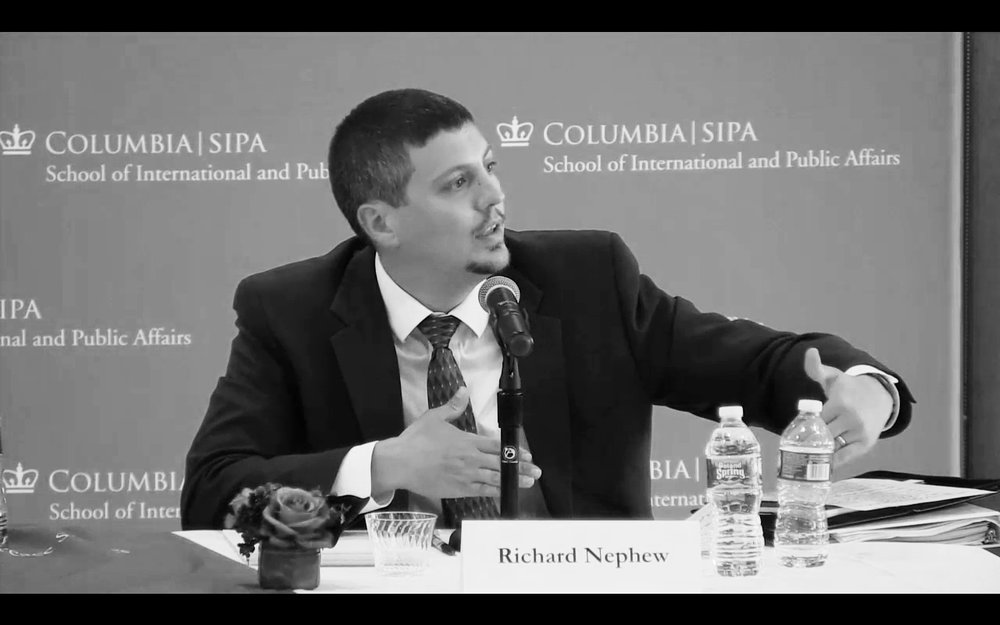‘Saudis may not give up their right to enriching uranium, reprocessing plutonium’

TEHRAN – Richard Nephew, who served as the lead sanctions expert for the U.S. team negotiating with Iran, is of the opinion that the newly revealed documents of the U.S. State Department “The Saudis are concerned about Iran's nuclear program and want to ensure that they are in possession of a similarly advanced one.”
He adds that “The degree to which the United States is not present in international nuclear business is a potential problem for our own influence in this sector.”
Fellow at the Center on Global Energy Policy at Columbia University, says The Saudis may not wish to give up their right to technologies such enriching uranium and reprocessing plutonium “but this is not the same as seeking those technologies outright.”
Following is the text of the interview with Nephew:
Q: After few years, U.S. administration announced will nuclear agreement with Riyadh. Why U.S. convinced to restart negotiation for nuclear agreement?
A: Well, this issue has been around for a number of years, as you note, but it is of interest to both sides. So, it could simply be as simple as a desire to make progress.
But, I think it is also likely that this is a response to the JCPOA. The Saudis are concerned about Iran's nuclear program and want to ensure that they are in possession of a similarly advanced one. What exactly would be required in that -- just reactors? Enrichment? -- are subjects of speculation and interest of course.
It is for this reason that I think it is in Iran's interest -- not just U.S. interest -- to seek region-wide arrangements for managing the growth of nuclear technology in the Middle East, even at the expense of sacrificing some of its own flexibility and options.
Q: Two Kingdom’s desire in its nuclear pan are enriching uranium and reprocessing plutonium. Will U.S. accommodate the Riyadh in these issues?
A: I think this is an assumption and speculation, not necessarily fact. The Saudis may not wish to give up their right to such technologies (an opinion not unfamiliar to Iranians) but this is not the same as seeking those technologies outright.
Q: Some argue that if U.S. do not cooperate with Saudi in its nuclear program, Russia and China may do it and this led to reducing American nuclear influence in the region. What is your opinion?
A: This is indeed a concern and one on which I have written at Columbia University. The degree to which the United States is not present in international nuclear business is a potential problem for our own influence in this sector.
Q: Which model for Saudi’s nuclear plan are likely, JCPOA or U.S. agreement with United Arab Emirates?
A: Neither. The absence of existing nuclear facilities makes the JCPOA an unnecessary model and political differences (including from the JCPOA) suggest the UAE agreement would be implausible. The approach will be to combine affairs, seeking voluntary restraint from the Saudis with some amount of legal rights for the United States to end cooperation in the event of activities with which we have concerns.
A regional arrangement to nuclear fuel cycle development would obviously help in this regard.
